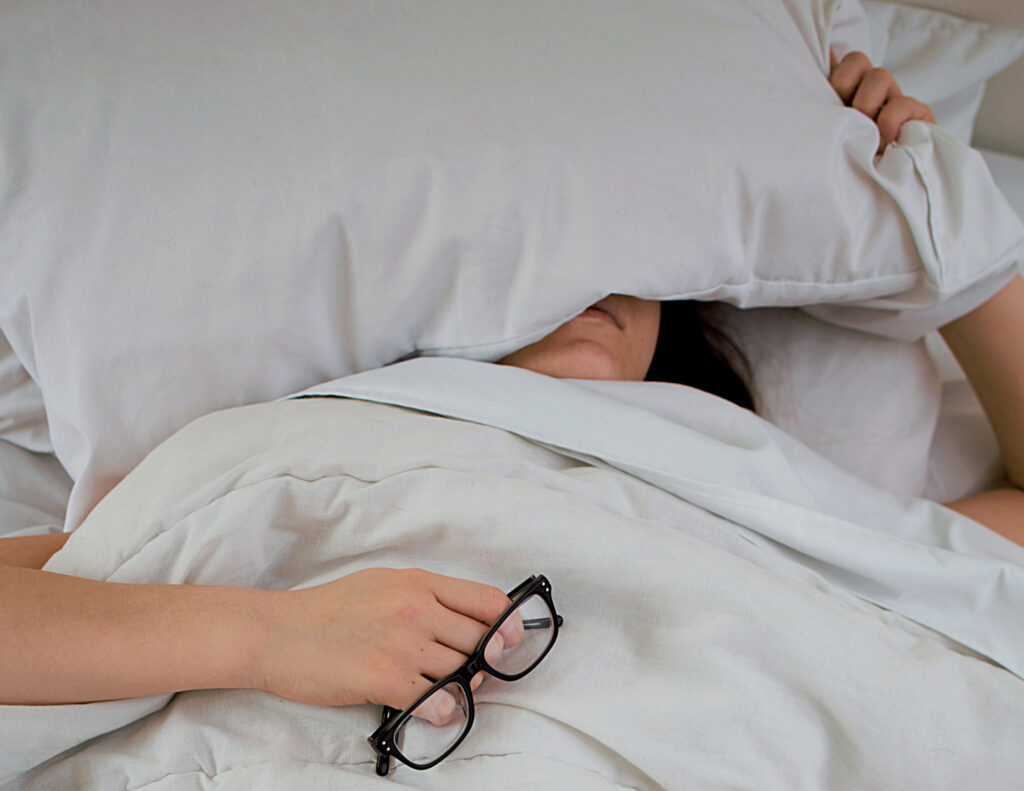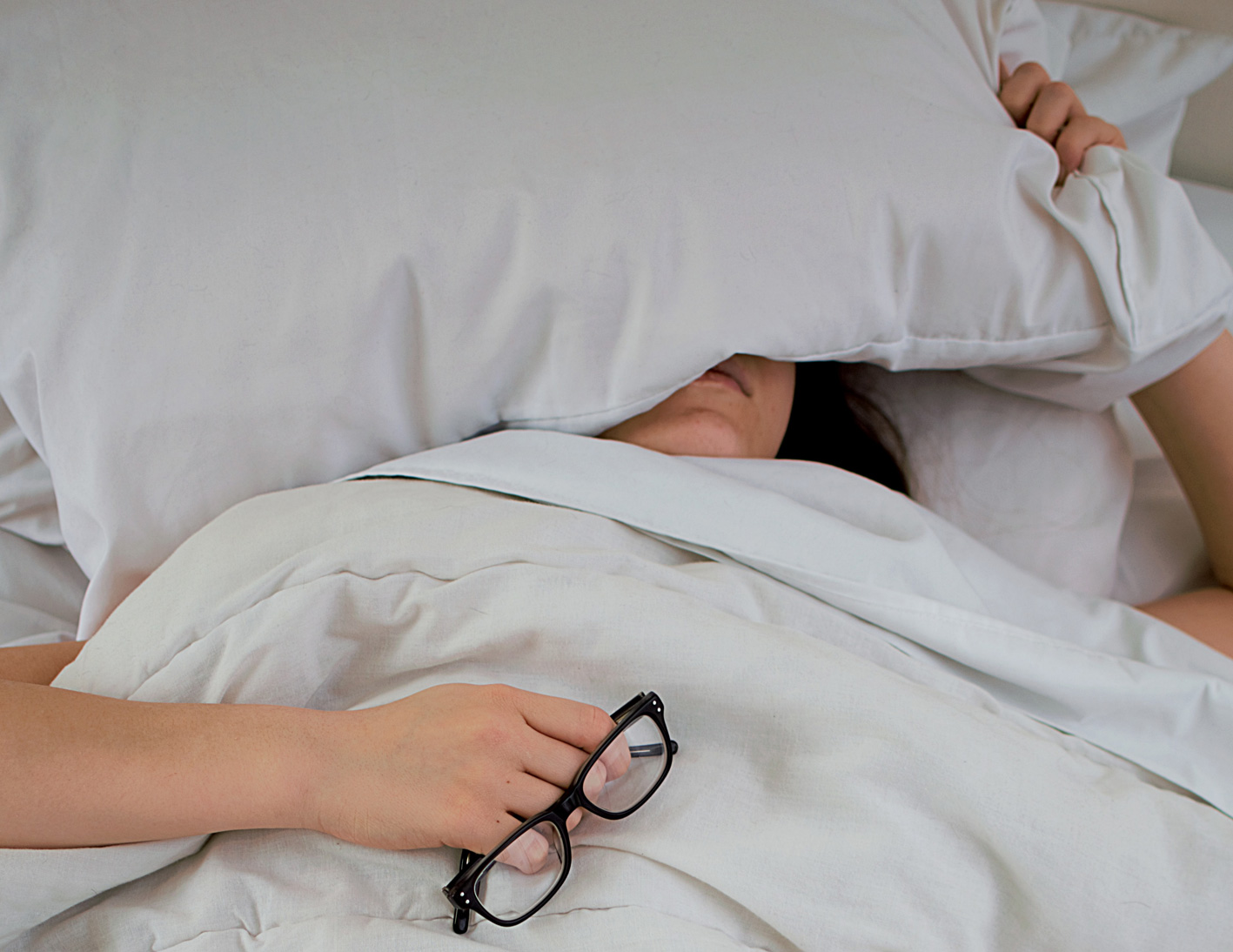How the pandemic is still affecting our sleep

In 2022, the symptoms and stress caused by the COVID-19 pandemic are still having a negative impact on many people’s ability to sleep well. A global survey found that 70% of people worldwide have experienced sleep problems, with a third of all British adults affected and 49.6% of them reporting high anxiety at the start of the pandemic, according to the Office for National Statistics.
Stress disrupts sleep
Difficulty falling asleep or disturbed sleep is often caused by stress. Stress and anxiety cause your body to produce hormones, such as cortisol and adrenaline, which raise the heart rate and encourage a fight or flight response and prevent you from getting enough sleep.
Home working can affect sleep
In 2021 half of British workers were engaged in some form of home working, and many still are. While home working has many benefits, a lack of structure, distractions, and technology issues can all create stress, affecting your sleep. Try to set boundaries and maintain a routine with a dedicated workspace and read our tips for a good night’s sleep below.
Covid side effects
Some covid symptoms, such as a persistent cough and headaches, can continue long after you’ve tested negative for the virus, making it difficult to relax and get to sleep. Long covid can also cause fatigue, leading you to take daytime naps which will interfere with your regular sleeping patterns.
Now in 2022, with new worries such as the cost-of-living crisis and climate emergency adding to stress levels, this is the time to do what you can to improve the quality of your sleep.
Sleep well: Steps to a better night’s sleep
Try these steps to help you get a better night’s sleep.
- Establish a regular routine by going to bed and waking up at approximately the same time every night. This can help to stabilise your internal body clock to know when it’s time to sleep and wake.
- Avoid screens. Using technology, such as a phone or laptop before going to bed causes the mind to become more active rather than relaxing. Also, the blue light from phones and laptops is believed to reduce the sleep hormone melatonin.
- Avoid drinking a large amount of water before bed as you may find yourself waking up to go to the toilet. Also, it is recommended not to drink caffeine for up to 6 hours before bedtime.
- If stress keeps you awake, try meditation and breathing exercises as they can help you to relax and focus on clearing your mind from thoughts of the day.
- To relax, it’s important to feel comfortable and supported. Make sure your mattress is right for your sleeping position and firmness preferences. Take a look at our mattresses and toppers to find the right fit for you.
Investing in your sleep is an investment in your health and wellbeing.
Photo by Isabella and Zsa Fischer on Unsplash

